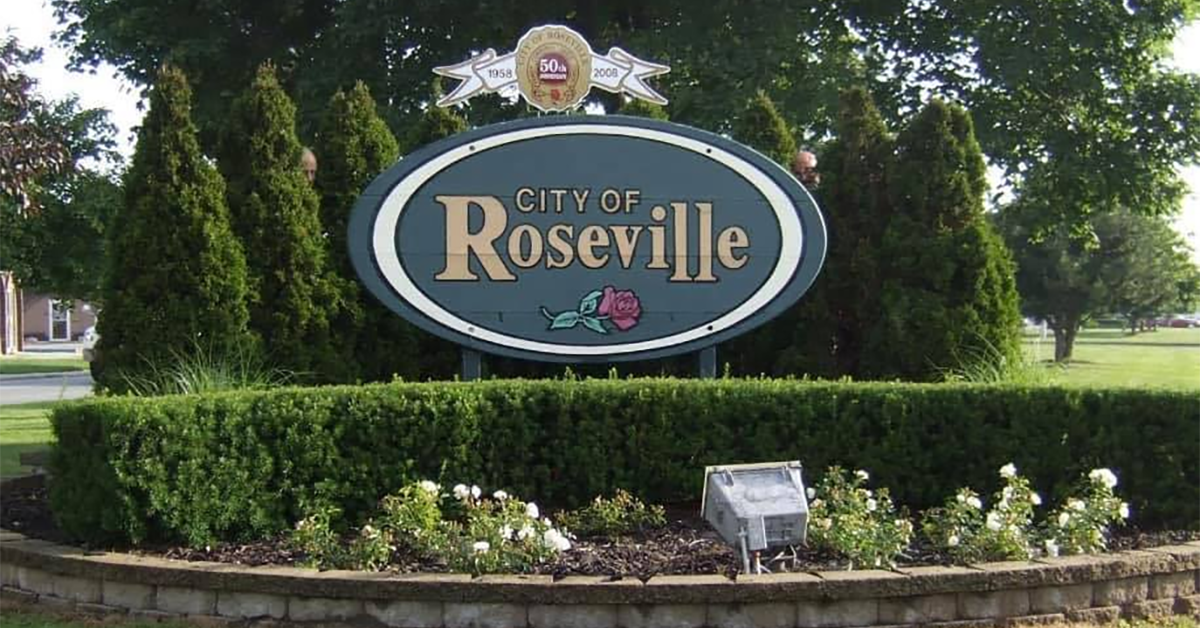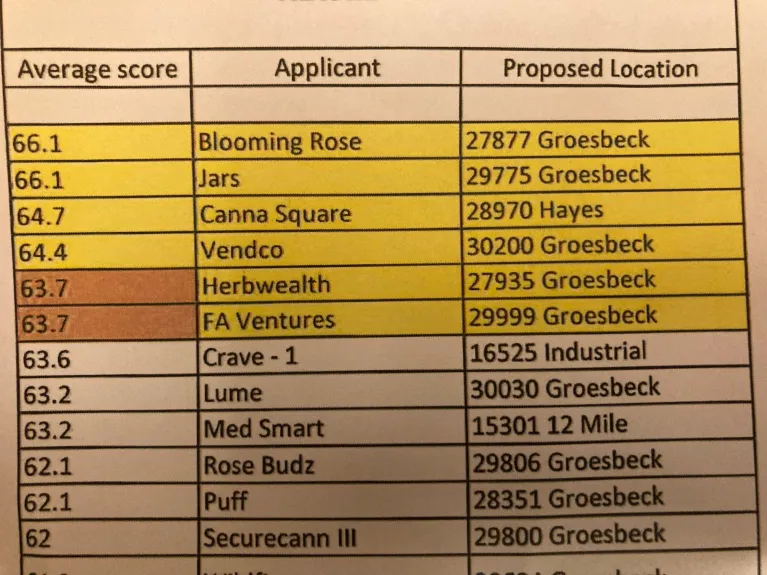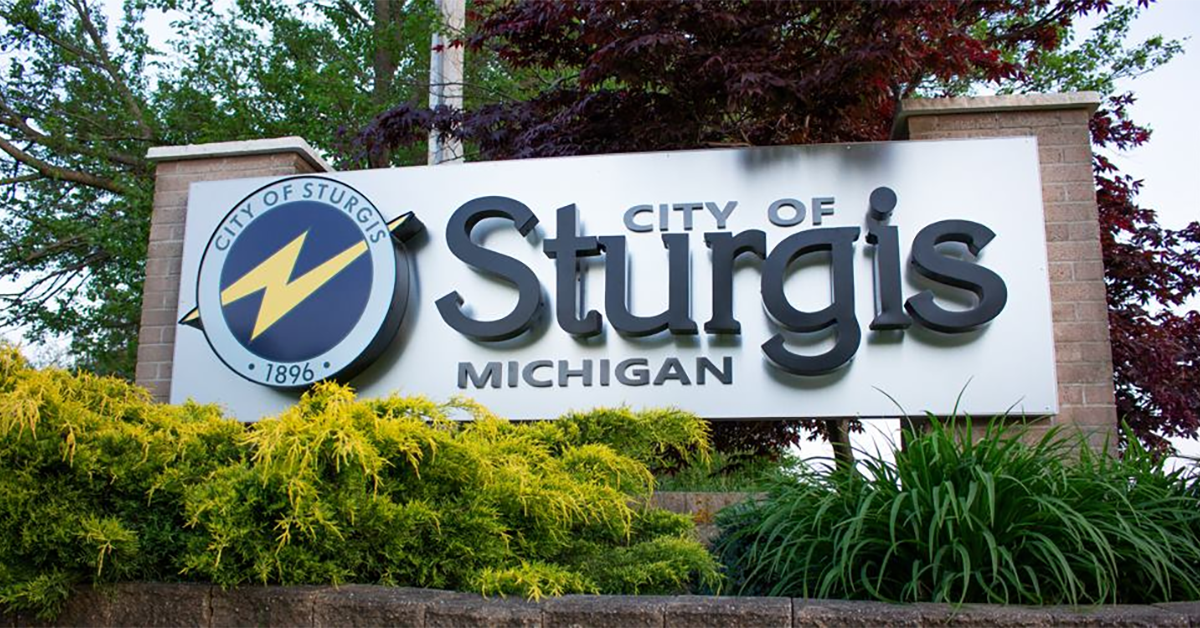Michigan Gems n Genetics Halloween Harvest Festival 2023

Attention festival enthusiasts! Michigan Gems n Genetics is all set to roll out the carpet for its much-anticipated Halloween Harvest Festival on Saturday, October 28th. Located a mere 10 minutes north of Grand Rapids in Sparta, MI 49321, this is an event poised to redefine festive celebrations.
Features You Can Look Forward To:
- Local Musical Extravaganza: The festival showcases a fantastic line-up of local bands. Plus, with a live DJ in the mix, the rhythms are sure to keep you grooving.
- Gastronomic Adventures: The array of food trucks and vendors ensures that there's something to tickle everyone's taste buds.
- Halloween Pageantry: This is the perfect platform to flaunt your Halloween attire. With cash prizes up for grabs, the costume contest is sure to see some inventive outfits.
- Enlightening Sessions: The educational panels promise to be a hub of knowledge and insights.
- Connect & Learn: The event serves as an ideal setting for caregivers and patients to interact and share.
- Community Networking: Strengthen community connections with dedicated networking segments.
Tickets & Special Offers:
- General Admission: At $20, it's a steal.
- For the Elite: Limited VIP passes are on offer, giving exclusive access to the VIP tent. The perks include beverages, fruits, snacks, and an exclusive Gems n Genetics swag bag.
- A Treat for Med Card Holders: Michigan Gems n Genetics is offering complimentary admission for Med Card holders and caregivers.
Additional Highlights:
- A Halloween Harvest theme ensuring a spooky ambiance.
- An enticing $500 prize for the Best Halloween Costume.
- Discover the champions of the Canna Competition.
- A unique chance to engage with caregivers and patients in a festive backdrop.
Essential Details:
- Age restriction: 21+.
- Drug sales are strictly prohibited.
- Entry requires valid identification.
For those keen on diving into all the nitty-gritty of the festival, you can access tickets and more detailed information by clicking here. Stay updated with all festival news by following @michigan_gemsngenetics on Instagram.
A Blast from the Past: Mr. Alan’s Iconic Brand Echoes in New Campaign
This September, Quality Roots acknowledges the enduring presence of a beloved Michigan brand. Many Michiganders might recall Mr. Alan's, the notable local shoe store that evokes a sense of nostalgia.
A Glimpse at Mr. Alan's History
Established in 1974 by Alan Bishop, Mr. Alan's secured a unique spot in the hearts of Michiganders. With outlets spanning locations such as Detroit, Battle Creek, Southfield, and more, the brand was recognized for its quality and affordability. During the 1980s-1990s, their straightforward yet catchy advertising campaigns, particularly the "$29, or 2 for $50" slogan, resonated with many. The iconic ads and mascots of Mr. Alan's remain in the collective memory of the community.
For those seeking a nostalgic journey, I've embedded a classic Mr. Alan's commercial that originally aired in the spring of 1999 in Detroit. It's a delightful blast from the past for longtime fans and an interesting glimpse into regional advertising for newcomers.
And here's a hilarious bit by The Detroiters on Comedy Central:
An Evolving Legacy
With the blessings of both Mr. Alan's and Snipes, which took over Mr. Alan's in 2019, Quality Roots is interpreting its essence through the cannabis lens. The fall initiative aims to echo the original brand's ethos of providing value, channeling it into the cannabis sector. In the spirit of "offering good products at good prices", Quality Roots envisions itself as a local cannabis destination upholding these values. This represents a blending of cherished traditions with innovative ventures.

Mark Your Calendars
Starting September 7th through October 5th, Quality Roots acknowledges the influence of Mr. Alan's. Originating from Michigan's core, this campaign pays homage to the profound influence of a regional icon and an intent to offer noteworthy cannabis experiences. For forthcoming updates and details, visit www.getqualityroots.com.
Protecting Your Michigan Cannabis Business from Potential Risks Posed by Former Employees

In the budding world of the Michigan marijuana industry, terminating an employment relationship is not just a matter of human resources; it's a strategic business decision fraught with potential risks. The fast-paced growth of the cannabis sector means that departing employees might:
- Launch a new cannabis enterprise, directly competing with your brand.
- Align with established marijuana competitors, transferring the exclusive knowledge, cultivation techniques, and potentially sensitive trade secrets they acquired during their time with you.
- Directly approach and woo your loyal cannabis clientele, affecting your market share.
Given Michigan's strategic position in the burgeoning national cannabis market, businesses can employ legal safeguards to manage these risks. Depending on Michigan's evolving cannabis regulations and broader employment laws, marijuana businesses may consider entering into non-compete, non-solicitation, and non-disclosure agreements with their staff. Yet, it's vital to tread carefully. These agreements often undergo stringent scrutiny under state law, especially when they may impede an individual's right to participate freely in the lucrative marijuana market.
However, the stakes are arguably higher in the cannabis sector than in many other industries. The Michigan marijuana market's intellectual property is a treasure trove of innovation, from unique cannabis strains to specialized extraction methods. Imagine an employee leaving a Michigan-based cannabis enterprise, relocating to California, and initiating a mirror-image marijuana venture—leveraging the same brand names, logos, and marketing techniques. Without preemptive measures taken in other states, a Michigan cannabis brand could find its hands tied, unable to prevent such brand replication.
This underscores the essential nature of robust employee agreements in the marijuana business. While the national landscape doesn't yet fully embrace cannabis, including limitations on federal trademark registrations, Michigan cannabis companies can utilize employee agreements as strategic tools. By doing so, they can ensure their intellectual property rights, brand identity, and market position remain unassailable, both within Michigan and beyond its borders.
Michigan's Cannabis Social Equity Program Explained

The Cannabis Regulatory Agency (CRA) has launched a Social Equity Program to support residents from areas most affected by previous marijuana laws. This initiative is based on the Michigan Regulation and Taxation of Marihuana Act (MRTMA). Its goal is to boost involvement in the cannabis industry for those from these affected communities.
Warner's Cannabis Industry Group wholeheartedly supports this initiative. They commend the incentives given to those who suffered due to past marijuana restrictions. The group also praises businesses that give back to their local areas. These standout businesses are spotlighted in the "All Star Program", which we'll dive into later.
Who Can Join & What Are The Benefits?
Qualifying for the Social Equity Program:
-
25% Fee Discount: Live for a total of five years in a CRA-identified community that was affected by old marijuana laws. (Check the CRA's list for eligible communities).
-
25-40% Fee Discount: Have a past marijuana-related conviction—25% off for misdemeanors, and 40% off for felonies.
-
10% Fee Discount: Were a caregiver under the Michigan Medical Marihuana Act for any two years between 2008 and 2017. (Refer to the infographic for more details).
To prove eligibility, like residency in an affected community, one might need to provide documents such as mortgage statements, tax documents, or utility bills.
New members can enjoy these Social Equity Program benefits for two years. After that, they can renew their membership annually.
Already involved in the adult-use cannabis business? You can join the Social Equity Program anytime by filling out an "EAL" form. However, you can't apply discounts retroactively. Yet, once part of the program, you'll get fee reductions during renewals or when applying for new licenses.
Spotlight on the All-Star Program
Launched in May 2022, the Social Equity All-Star Program rewards businesses championing diversity, fairness, and community involvement. To get recognized:
-
Bronze Level: Share your plans for social equity on the CRA site.
-
Silver Level: Share your plans for social equity and corporate spending on the CRA site.
-
Gold Level: Share your plans for social equity, corporate spending, and community reinvestment on the CRA site.
Having an All-Star status is seen as a mark of a company's commitment to its community. Some local governments even prefer businesses with All-Star badges. Need help crafting or sharing your plans? We're here to guide you and help you benefit from this rewarding program.
Roseville City Council Approves Six Recreational Marijuana Facilities

Following an extensive evaluation period, the Roseville City Council authorized licenses for six recreational marijuana facilities on Tuesday evening. The majority of these establishments are slated for the Groesbeck Highway industrial area.
Out of 47 applications, the selectees emerged after careful review by a five-person committee comprising department chiefs and community influencers. They considered numerous factors, such as site visits, legal feedback, and expert insights.
City Manager Ryan Monroe highlighted the vast volume of details each cannabis company furnished as a primary reason for the extended evaluation. "Some of the submissions were akin to multiple phone books in thickness," Monroe commented.
Recreational cannabis won Michigan voters' approval in 2018. The businesses granted the retail licenses are Blooming Rose, Jars, Canna Square, Vendco, Herbwealth, and FA Ventures. Notably, Canna Square will be located off Groesbeck, opting for Hayes Road near 12 Mile Road.
Initially set to endorse only five licenses, the Council extended this to six upon noticing tied final scores amongst contenders. Additionally, licenses were provided to six entities for cannabis processing and packaging, five for cultivation, and one for micro-business operations catering to smaller marijuana ventures and past caregivers.

Rob Huth, attorney for Jars, endorsed the fairness of Roseville's process and emphasized that licensed companies are bound to honor their commitment to the community. "There's an expectation of community contributions. It's a mutual agreement that benefits both parties, and the courts have supported this reciprocity," stated Huth.
Mayor Robert Taylor, although historically against cannabis legalization, respects the democratic outcome. The city has implemented safety measures, such as maintaining a distance from educational and residential zones. Taylor envisions reviving some of Roseville's neglected structures with the incoming businesses, fostering a "win-win" scenario for the city.
However, with his background in law enforcement, the Mayor does voice concerns over potential burdens on city services and the added issue of driving under the influence. "My apprehensions stem from witnessing the impacts firsthand," Taylor noted, "It's crucial we remain vigilant and ensure the safety of our community."
Sturgis Faces Attempted Break-ins at Cannabis Establishments

In Sturgis, Ryan Banaszak, the Director of Public Safety, has reported a series of break-in attempts at licensed marijuana establishments during the early hours of a recent Sunday.
Banaszak confirmed, "There were three establishments targeted, although details remain limited due to the ongoing nature of the investigation."
Within the bounds of Sturgis, eight retail marijuana dispensary licenses have been issued alongside three grow licenses, as per the records of the Cannabis Regulatory Agency. Of the establishments affected by these recent attempts, Banaszak disclosed that they represent a mix of both retail and grow facilities.
Addressing the broader context, the director emphasized, "Such incidents aren't unprecedented in our state. Currently, we're in active collaboration with various law enforcement agencies across Michigan on this matter. Consequently, to ensure the integrity of our investigations, we're maintaining discretion regarding specific details."
Earlier this year, in March, Michigan's Attorney General, Dana Nessel, signed off on 12 warrants in relation to suspects believed to be connected to a spate of 20 break-ins that targeted marijuana dispensaries in May 2022, as conveyed by her office.
A noteworthy incident from Nessel's report mentioned the collaborative effort between her office and the Calhoun County Sheriff's Department. This collaboration successfully led to the identification of involved individuals after one of them was caught in the act of trying to access the contents of a stolen safe — his method being to drop it from a significant height.
Moreover, Michigan State Police have recently sought the public's help to identify and locate two suspects. These individuals are believed to be responsible for a series of break-ins at marijuana dispensaries in Jackson and Calhoun counties, particularly in the wee hours of May 25th.


 Helpful Links
Helpful Links